Receiving the notice that the difference in the payment of preferential allowances for teachers for 38 months, from June 2021 to August 2024, teacher Tran Thi Thom, Nguyen Binh Khiem Secondary School, Ea Kpam Commune, Cu M'gar District, Dak Lak Province, and many of her colleagues were surprised. She was worried about how she would have to pay back the amount of tens of millions of dong.

“This is shocking news for teachers, because there has never been a document about this collection. The district's document said that if the collection is over a period of nearly 4 years, the amount of money collected for long-time teachers will be from 80-100 million, and for middle school teachers, the average is 30-50 million/teacher. Now, collecting the arrears in a short period of time will greatly affect the lives of teachers,” Ms. Thom shared.
Like teacher Thom, many teachers in Dak Lak province will have to pay back the difference in preferential allowances paid because the locality did not implement them in accordance with regulations.
Specifically, according to the Prime Minister 's decision in 2005, teachers who are directly teaching at schools in mountainous, island, remote and isolated areas will receive a 50% preferential allowance; those in the plains, cities and towns will receive 35%. In the period 2016-2020, Dak Lak province has 184 communes, wards and towns in ethnic minority and mountainous areas, teachers will receive preferential allowances according to regulations.
By the 2021-2025 period, according to Decision 861 of 2021 of the Prime Minister, the entire Dak Lak province will have only 130 communes in ethnic minority and mountainous areas, a decrease of 54 communes compared to before. However, localities in Dak Lak still pay preferential allowances to teachers in these 54 communes at the old level, leading to exceeding the prescribed level.

Explaining the reason for the wrong spending, Ms. Phan Thi Ly, Head of the Finance Department of Cu M'gar district, Dak Lak province said: "This document is from the central government, but when it reached the locality through channels, specifically the Ethnic Minority Committee, it was not implemented in a timely manner; so certainly in the process of applying it, it was not timely either."
Regarding this issue, Mr. Le Ngoc Vinh, Deputy Head of the Ethnic Minorities Committee of Dak Lak province, said that the reason why 54 communes in the province no longer enjoy preferential policies as before is because they do not meet the regulations in Decision 33/2020/QD-TTg of the Prime Minister dated November 12, 2020 on criteria for delimiting ethnic minority and mountainous areas according to development level in the period 2021-2025.
Mr. Le Ngoc Vinh clarified: “The Ethnic Committee has advised the Provincial People's Committee to implement these decisions to the grassroots level, that is, to the villages and related units. Up to now, people have grasped and understood the decisions very well. The implementation by relevant local units of policies for civil servants and public employees in ethnic minority areas in difficult areas that are discovered and recovered through inspection and audit is the responsibility of the civil servants advising the heads of the units to implement the policies”.
There are still no statistics on how many teachers in Dak Lak are being charged back and the total amount. Some districts in this province are developing plans to extend the collection period and are waiting for a decision from the Dak Lak Provincial People's Committee. The provincial inspectorate is also conducting inspections of all localities where the incident occurred.
Source: https://vov.vn/xa-hoi/giao-vien-o-dak-lak-dung-ngoi-khong-yen-khi-bi-truy-thu-tien-phu-cap-post1122957.vov










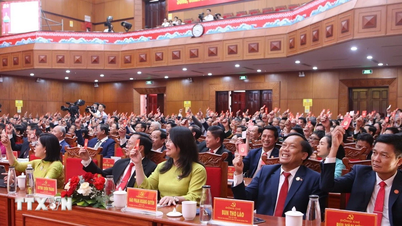

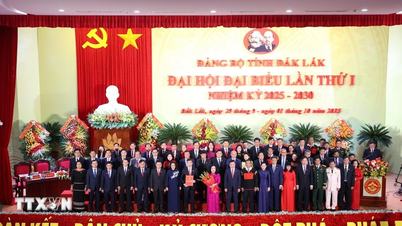
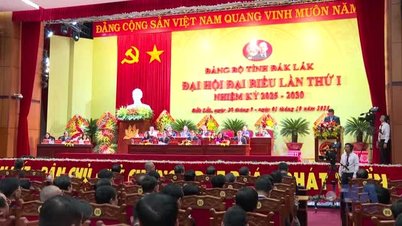
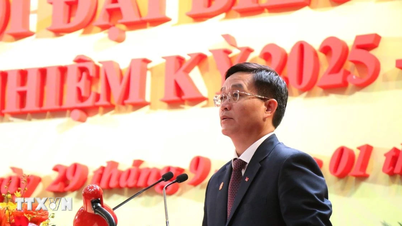
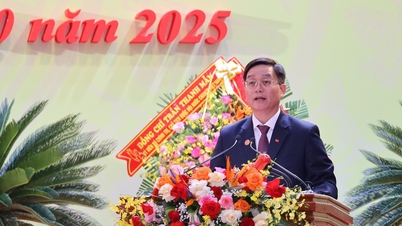

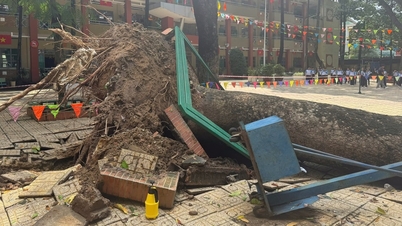



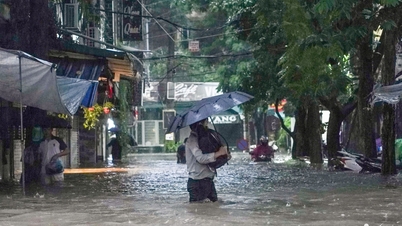

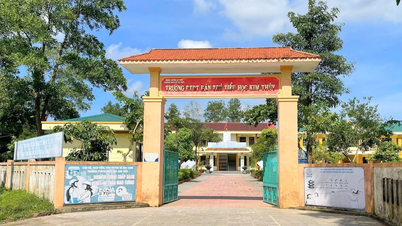

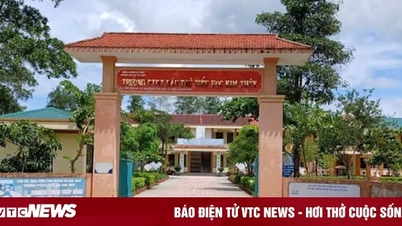

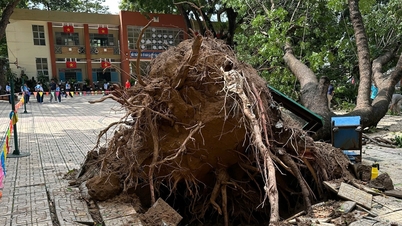









































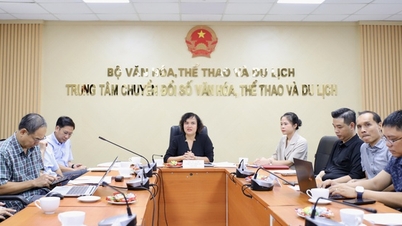
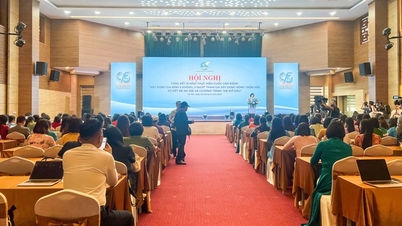
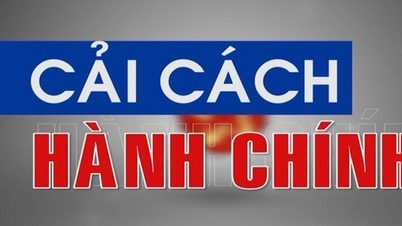





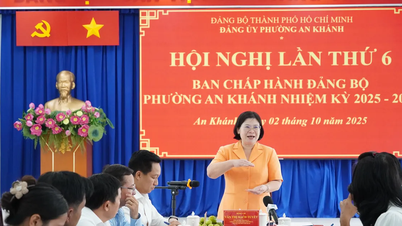

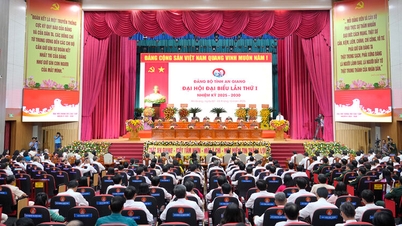


















Comment (0)